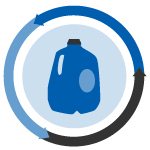 ExxonMobil is part of a project developing a type of flexible film that could be more easily integrated into the PE collection stream, and a detergent bottle maker focuses on recycled HDPE.
ExxonMobil is part of a project developing a type of flexible film that could be more easily integrated into the PE collection stream, and a detergent bottle maker focuses on recycled HDPE.

 ExxonMobil is part of a project developing a type of flexible film that could be more easily integrated into the PE collection stream, and a detergent bottle maker focuses on recycled HDPE.
ExxonMobil is part of a project developing a type of flexible film that could be more easily integrated into the PE collection stream, and a detergent bottle maker focuses on recycled HDPE.
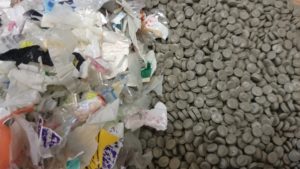 The Reflex project successfully demonstrated flexible film packaging could be recycled into items such as boxes and crates or drainage pipes. That was one of the successes of the two-year research effort, according to the project coordinator.
The Reflex project successfully demonstrated flexible film packaging could be recycled into items such as boxes and crates or drainage pipes. That was one of the successes of the two-year research effort, according to the project coordinator.
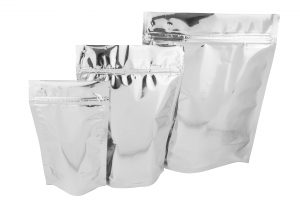 A group that includes major consumer brands wants to connect with a sorting facility to help advance the recovery of a material that is often sent to disposal.
A group that includes major consumer brands wants to connect with a sorting facility to help advance the recovery of a material that is often sent to disposal.
Continue Reading
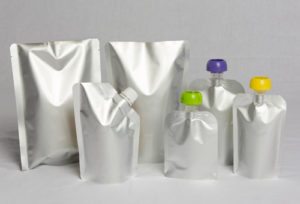 A team trying to find recycling solutions for multi-material laminated packaging will explore pilot program opportunities next year. It also plans to publish a report evaluating options for recycling flexible films.
A team trying to find recycling solutions for multi-material laminated packaging will explore pilot program opportunities next year. It also plans to publish a report evaluating options for recycling flexible films.
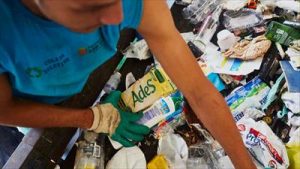 To begin to recover targeted plastics from multi-layer packaging, one of the world’s largest consumer product companies says it will use a unique technology and “empower waste pickers.”
To begin to recover targeted plastics from multi-layer packaging, one of the world’s largest consumer product companies says it will use a unique technology and “empower waste pickers.”
For near infrared sorters, black as a color may not be the problem so much as the type of black pigment used.
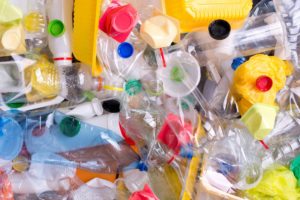 Consumer products giant Unilever has committed to ensuring all of its plastic packaging is fully reusable, recyclable or compostable by 2025.
Consumer products giant Unilever has committed to ensuring all of its plastic packaging is fully reusable, recyclable or compostable by 2025.
Zzyzx Polymers has developed a method for blending post-consumer laminated films into an injection-grade polymer.
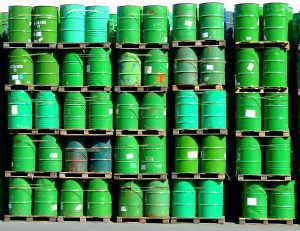 Converting used plastics into ultra-low-sulphur diesel fuel yields notable environmental benefits over traditional oil drilling and refining processes, according to a U.S. lab.
Converting used plastics into ultra-low-sulphur diesel fuel yields notable environmental benefits over traditional oil drilling and refining processes, according to a U.S. lab.
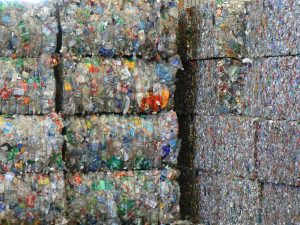 Avangard Innovative is continuing its efforts to optimize plastics recycling streams with the assistance of new technology, and the results are playing into bale price negotiations.
Avangard Innovative is continuing its efforts to optimize plastics recycling streams with the assistance of new technology, and the results are playing into bale price negotiations.
